We have much more to do and your continued support is needed now more than ever.
Creating Conservation Stewards: 5 Ways to Make the Most of Your Outdoor Field Trip
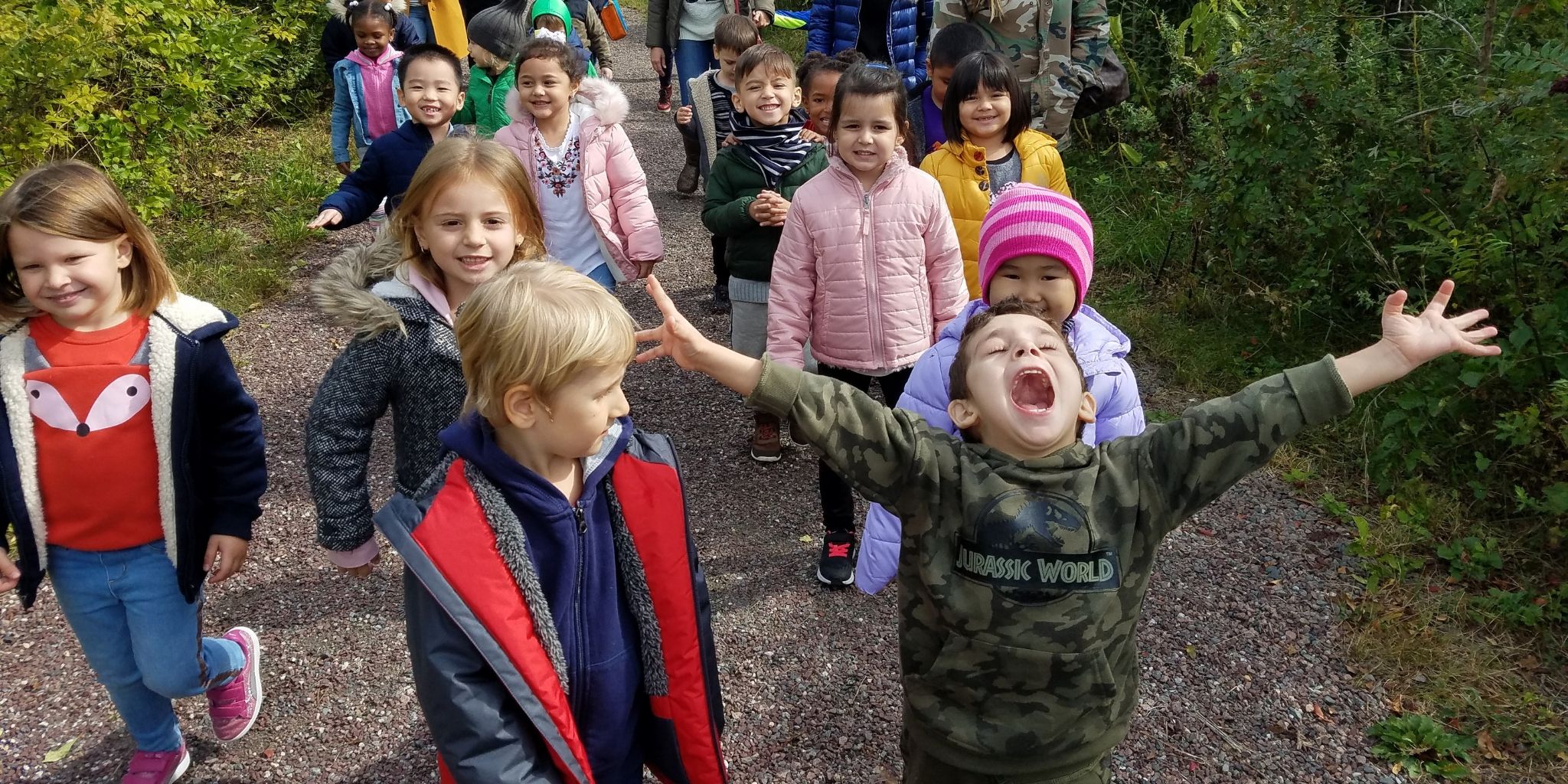
Rain. It’s not something most teachers hope for when planning a class gardening trip. But that’s exactly what I got this past spring when I took my kindergartners to plant wildflowers for pollinators at Jamaica Bay Wildlife Refuge, part of the National Park Service’s Gateway National Recreation Area.
It’s a trip I have done for the last five years as part of the National Wildlife Federation NYC Eco-Schools and the National Park Service’s Growing a Wild NYC habitat restoration program. The forecast called for showers, but rescheduling the trip was going to be difficult. So, I took the risk and headed out to the Refuge anyway. Sure enough, it started to rain lightly as soon as my 22 kindergartners set to work digging. The children hardly noticed and kept going. It could have been a disaster under different circumstances, but my adaptable students, supportive parents and an easy-going paraprofessional made it one of the best planting trips I have ever had.
A class trip in the great outdoors is a wonderful opportunity to help foster an appreciation for nature and develop our future conservation stewards. In addition, studies have shown that trips in natural environments have restorative effects on children as well as adults. Yet many teachers, overwhelmed by the demands of teaching their curriculum, often feel too exhausted to even consider leading a class of lively children on a trip to a nearby botanical garden or state park. A combination of flexibility and pre-planning can minimize stress and increase the chances that such a trip will be a successful one for all.
Tips for Venturing Outside:
1. Take advantage of what the season has to offer.
Those perfectly sunny and dry spring days bring out the tent caterpillars, the pollinators, and the migratory birds, to everyone’s delight. But overcast days have advantages too. High humidity causes birds to fly low, increasing the likelihood that the children will get a close up view of their feathered friends.
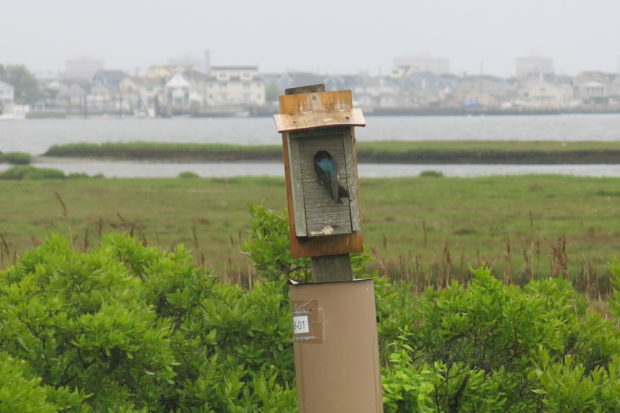
2. Be resilient and go with the flow.
Chances are not everyone will relish gardening in the rain. Encourage participation, but allow children or adults who are not enjoying themselves to take a time out. Stay positive and don’t let it get you down or ruin the mood of the trip.
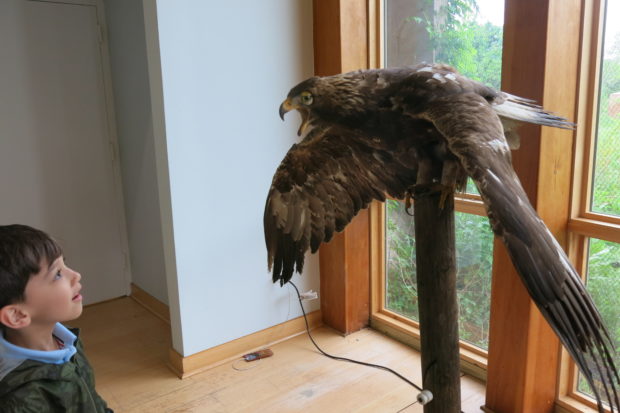
3. Have extra help on hand.
While school rules often dictate the ratio of students to chaperones, having extra volunteers on hand will make the trip go a lot smoother. Survey parents and guardians about their availability at the start of the school year. Look into a grandparent volunteer program to help out if recruiting chaperones proves to be difficult.
4. Be Prepared.
Alert parents to dress their children appropriately so that they will be able to handle almost any weather day. Proper footwear, a poncho or rain jacket can protect any child against some rain. Sunblock and hats and lots of water in reusable bottles will carry park-goers through the unseasonably warm days and keep crankiness at bay.
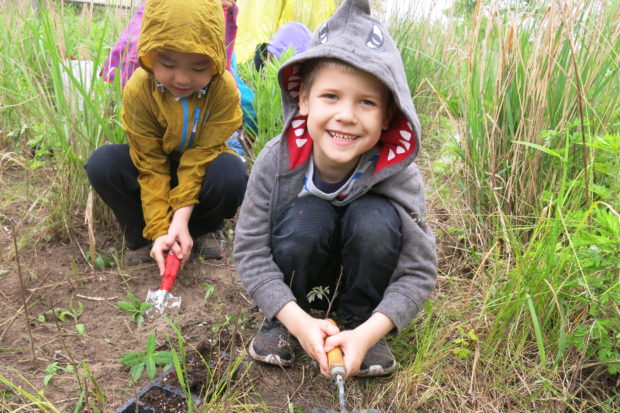
5. Use any opportunities available to teach about conservation.
From the first day of school, children can be taught to use reusable water bottles and utensils at meal times, to recycle properly and not be wasteful with food and materials. Even a short nature walk around the school can help hone your students’ scientific observation skills. Young children can compare the bark and leaves of two types of trees and then count the ones they see as they walk, while the older ones can do more sophisticated survey work.
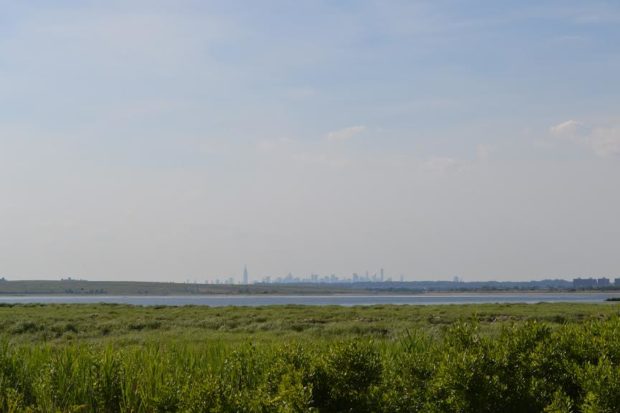
Our children are losing their connection to nature as they spend an increasing amount of time with electronic devices. Taking children outdoors not only makes them healthier physically, mentally, and emotionally, but it helps develop a much-needed appreciation for the environment at a time when the earth needs as many protectors as possible.
“When we save wildlife, we save ourselves.” Watch Collin O’Mara, National Wildlife Federation’s President and CEO, talk about the benefits of time spent in nature for children:
Watch the video!






















